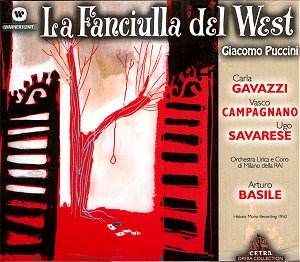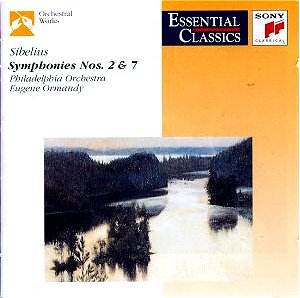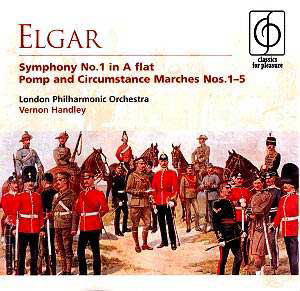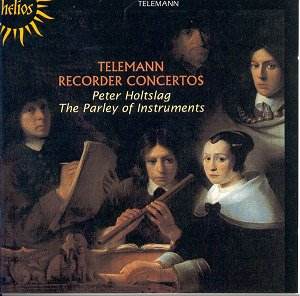 Composer: Giacomo Puccini
Composer: Giacomo Puccini
Works: La Fanciulla del West
Performers: Carla Gavazzi (Minnie), Ugo Savarese (Jack Rance), Vasco Campagnano (Dick Johnson), Pasquale Lombardo (Wowkle), Jone Farolfi (Happy), Orchestra Lirica e Coro di Milano della RAI conducted by Arturo Basile
Recording: Mono recording made in Milan on 23rd November 1950
Label: Warner Fonit/Cetra 2CD 8573 87488-2
Giacomo Puccini’s “La Fanciulla del West,” premiering in New York in 1910, occupies a unique position within the composer’s oeuvre, sandwiched between the ravishing “Madama Butterfly” and the somewhat lighter “La Rondine.” While it boasts a narrative steeped in Americana—a tale of love, betrayal, and redemption set against the backdrop of the California Gold Rush—the opera remains less frequently performed than Puccini’s most celebrated works, such as “La Bohème” and “Tosca.” The absence of show-stopping arias, such as “Che gelida manina,” often leaves listeners yearning for the more immediate emotional impact found in Puccini’s earlier operas. Instead, “La Fanciulla del West” unfolds through a seamless integration of melody and text, requiring multiple hearings to fully appreciate its subtleties.
The historical context surrounding this opera is vital for understanding its place in Puccini’s canon. The composer sought to explore a new, more rugged emotional landscape, reflecting a shift towards more masculine themes and characters. The recording under review, made in 1950 under the baton of Arturo Basile, offers a compelling interpretation that captures the raw energy and emotional depth of this lesser-known gem. Basile’s direction is marked by a keen attention to orchestral color and dramatic pacing, emphasizing the vivid contrasts between the saloon’s raucous atmosphere and the intimate moments shared by the protagonists.
Carla Gavazzi’s portrayal of Minnie is particularly noteworthy; her performance is infused with a fierce vitality that encapsulates the character’s complexity. Her Act I aria, “Laggiù nel soldad,” emerges as a highlight, showcasing her ability to blend lyricism with a robust theatrical presence. Gavazzi’s interpretation reflects both the fragility and strength of Minnie, especially in the moments where she confronts both Johnson and Sheriff Rance. Ugo Savarese, as the villainous Sheriff, brings a sinister charm to the role, effectively embodying the dark undertones of his character, albeit with occasional lapses in vocal clarity during higher passages. Vasco Campagnano offers a contrasting softness as Dick Johnson, balancing dashing heroism with vulnerability, particularly in his poignant final aria, “Ch’ella mi creda,” which serves as a culmination of his emotional journey throughout the opera.
The recording quality, while mono and reflective of its time, stands up remarkably well against more modern interpretations. The sound is clear, with orchestral textures rendered vividly, allowing Puccini’s innovative harmonic language and instrumental effects to shine. Basile’s orchestra, with its robust male chorus, aptly conveys the expansive, rugged landscapes of the American West, while also incorporating Spanish and Mexican musical elements that echo California’s diverse cultural heritage. The lack of an English libretto may hinder full appreciation for some listeners, but the operatic drama is vividly communicated through the performances.
This historic recording of “La Fanciulla del West” serves as a valuable document, offering powerful performances from its leads and showcasing Puccini’s dramatic intent in a work that is often overshadowed by his more popular operas. The combination of orchestral richness, strong character portrayals, and a compelling narrative arc makes this recording an essential listen for those seeking to delve deeper into Puccini’s repertoire. The performances under Basile’s direction not only honor the original score but also bring forth the emotional stakes that define the opera, solidifying its status as a poignant and often underappreciated masterpiece.



